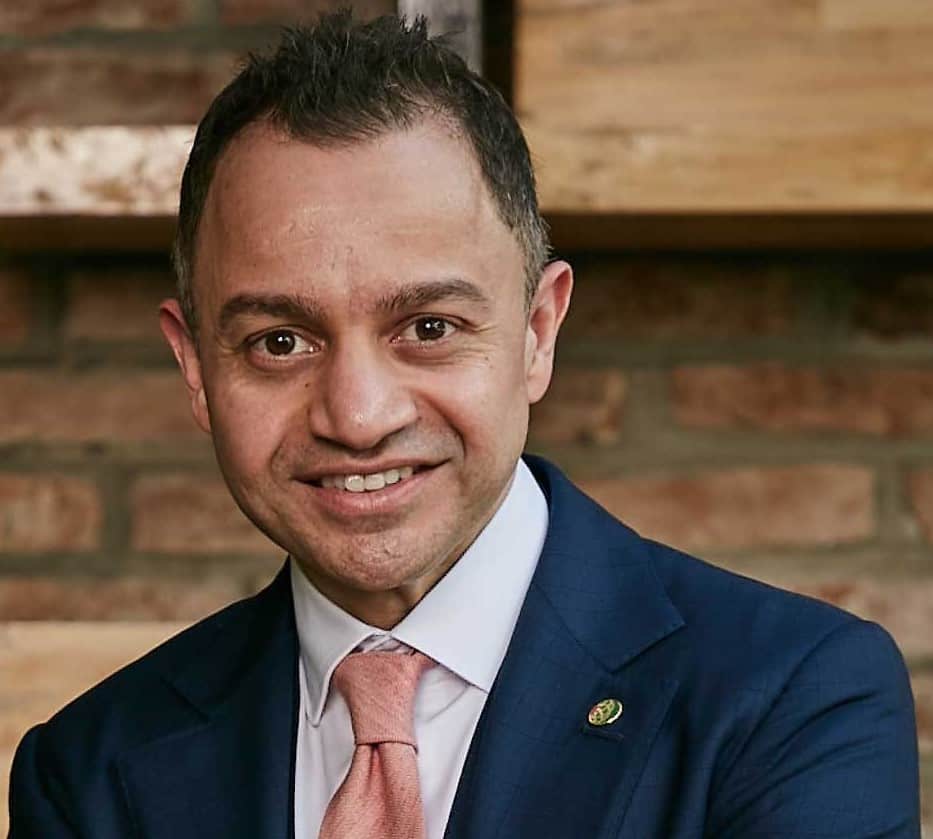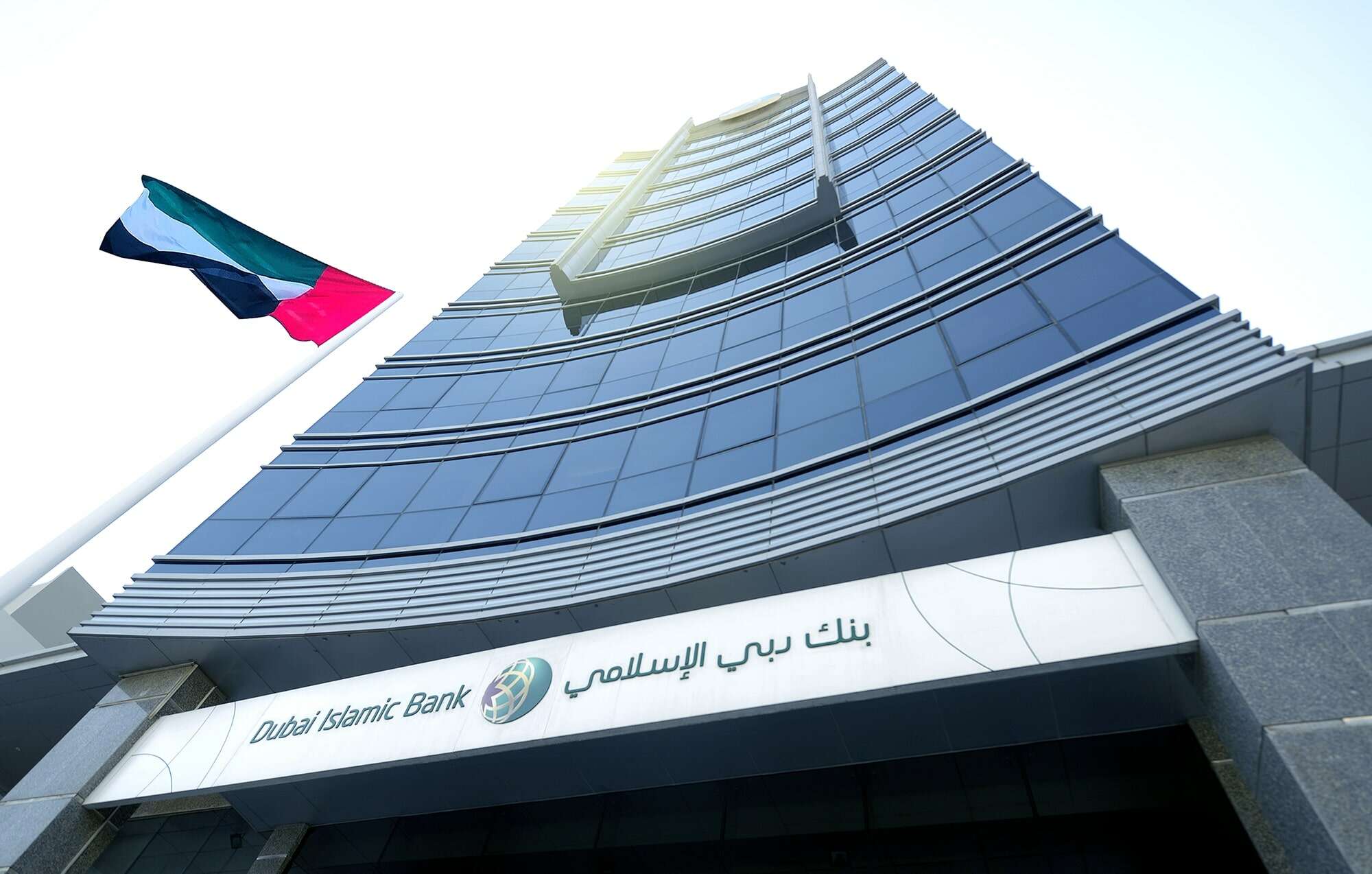Digital transformation in the GCC Islamic banking is happening at the speed of thought, said the Group Chief Executive Officer at the Dubai Islamic Bank (DIB) Dr Adnan Chilwan.

“Digital trends have drastically changed the financial landscape of Islamic banks, delivering significant economic benefits to both the bank and its customers through improved operational efficiency, process agility, operational productivity, and of course, enhanced customer experience,” Dr Chilwan told TRENDS in an interview.
“Islamic banks that partner across the digital economy through open banking can widen choice by creating new and incredibly exciting financial and non-financial services and products through the banking-as-a-service model (BAAS),” he added.
He considers digitization in Islamic banking a technology update and a core business strategy that represents the future of banking.
“With the help of CX capabilities, digital media, predictive insights and analytics, banks can better understand their customers’ unique needs and create highly personalized Shariah-compliant services,” said Dr Chilwan. “Banks must collaborate with other fintech innovators to achieve this goal.”
Information technology and communication systems in the GCC Banking sector are expected to undergo significant advancements in the next few years due to the communications and information revolution.
The Islamic banking sector has grown significantly over the past years amid expectations of Fitch that it’s capital and liquidity reserves will remain stable and sufficient to face any risks in 2022, after years of deteriorating performance as a result of the repercussions of the Covid-19 pandemic.
DIB’s future
In the post-Covid world, the DIB has successfully redefined its priorities by announcing a new five-year strategy at the start of 2022.
“Based on an 11 percent growth in operating revenues and a 44 percent decrease YoY in impairments, the bank’s financial position shows that the brand and its inherent ability to withstand market challenges are both strong,” said Dr Chilwan.
He explained that DIB’s “strategic direction is very much aligned with UAE’s goals, and its recently unveiled positioning #ReadyForTheNew reflects the nature of the ever-evolving new world, necessitating the need for a new way of thinking, a new way of conducting ourselves, and certainly a new way of working.”
The DIB, according to Dr Chilwan, is embarking on an ESG roadmap and strategy in line with the green economy and the national sustainability agenda of the UAE and in alignment to the global sustainable development goals.
“More mergers and acquisitions will occur in 2022 – will serve GCC’s entrepreneurs, investors, and retail customers in ways never seen before,” he said.
IMF data
Financial assets in global Islamic finance rose from US$1761 billion in 2012 to US$2875 billion in 2019, according to the Islamic Finance Development Report 2020, published by the International Monetary Fund’s Committee on Balance of Payment Statistics.
GCC economies accounted for US$ 1253 billion (43.6 percent) of these assets in 2019, followed by the Middle East and North Africa, excluding the GCC economies, and Southeast Asia with US$ 685 billion or 23.8 percent.
On the rebound
The GCC banking sector had a promising year in 2021, despite many difficulties and the often-volatile environment in which it operates.
Oil prices have recovered, and all restrictions on business activity as a result of the COVID-19 pandemic have been removed, keeping economic indicators and sentiment high across the region.
The banking sector in the United Arab Emirates, in particular, has rebounded strongly as the economy continues to recover from the pandemic.
The new trends in Banking, such as omnichannel, customer data analysis, fintech, and innovation, will directly impact the banks’ performance and services.
As the digital economy matures, increasing numbers of developers, industry partners, and non-financial service providers enter GCC’s banking ecosystem. But in Dr Chilwan’s opinion, this will make security an issue and a significant challenge.








